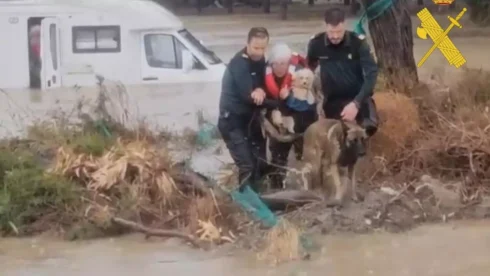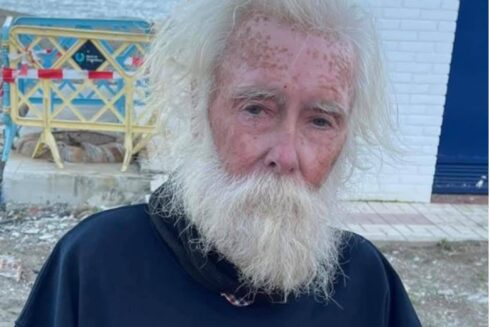HEALTH officials in Andalucia are investigating a ‘probable’ case of West Nile Virus(WNV) in a two-year-old child from Coria del Rio in Sevilla province.
The youngster is said to be in perfect health and has been discharged from hospital.
Some WNV tests turned out to be positive and the regional Ministry of Health is waiting for conclusive results after samples were sent to Granada’s Virgen de las Nieves University Hospital.
READ MORE:
- West Nile virus surges in Spain: Potentially deadly disease is detected in six towns in Sevilla as tiger mosquito numbers soar
- West Nile Virus is found in 50,000 mosquitoes in Spain’s Andalucia – these are the most at risk areas

The probability is likely that the youngster did get the virus and Coria del Rio has been categorised at a maximum level five risk level.
The Ministry detected WNV in tiger mosquito traps between July 8 and 12 in the Sevilla area municipalities of Almensilla, Villamanrique de la Condesa, Los Palacios and Villafranca y Utrera.
A total of 13 municipalities with mosquitoes potentially transmitting the virus have been found, namely Aznalcazar, Bollullos de la Mitacion, Las Cabezas de San Juan, Coria del Río, Dos Hermanas, Isla Mayor, La Puebla del Río, Lebrija, Palomares, together with the four previously mentioned towns.
Prevention work is being carried out to stop the spread of WNV originating from the mosquitoes.
Municipalities have been advised to take urgent action and to intensify measures in place including telling residents what to do about reducing mosquito numbers like ensuring there are no pools of stagnant water on home terraces.
Other advice includes taking appropriate measures to avoid mosquito bites, particularly when tiger mosquitos are most active, which is just before dawn and immediately after sunset.
These include applying mosquito repellent and wearing light clothing that covers most of the skin.
In March, a boy under five, from the Lebrija area of Sevilla, was in hospital for ten days with WNV but recovered.
Around the same time, a 17-year-old girl in Dos Hermanas was hospitalised for 18 days.
Last year, 113 cases were identified, mostly in June, November and August.








